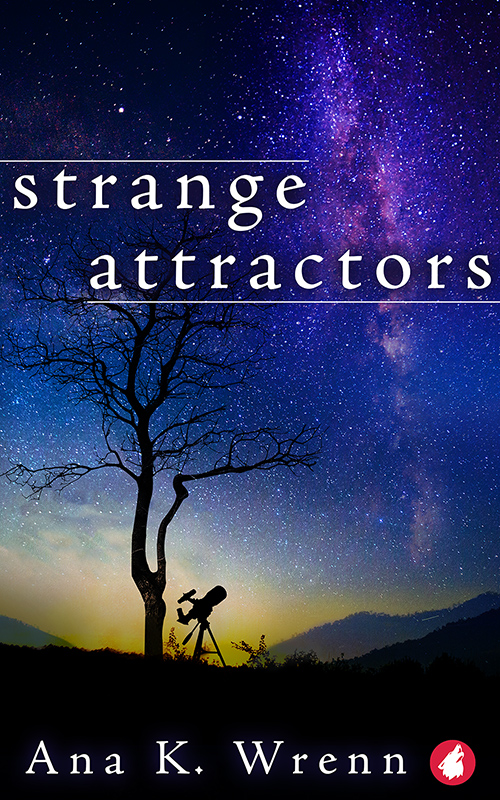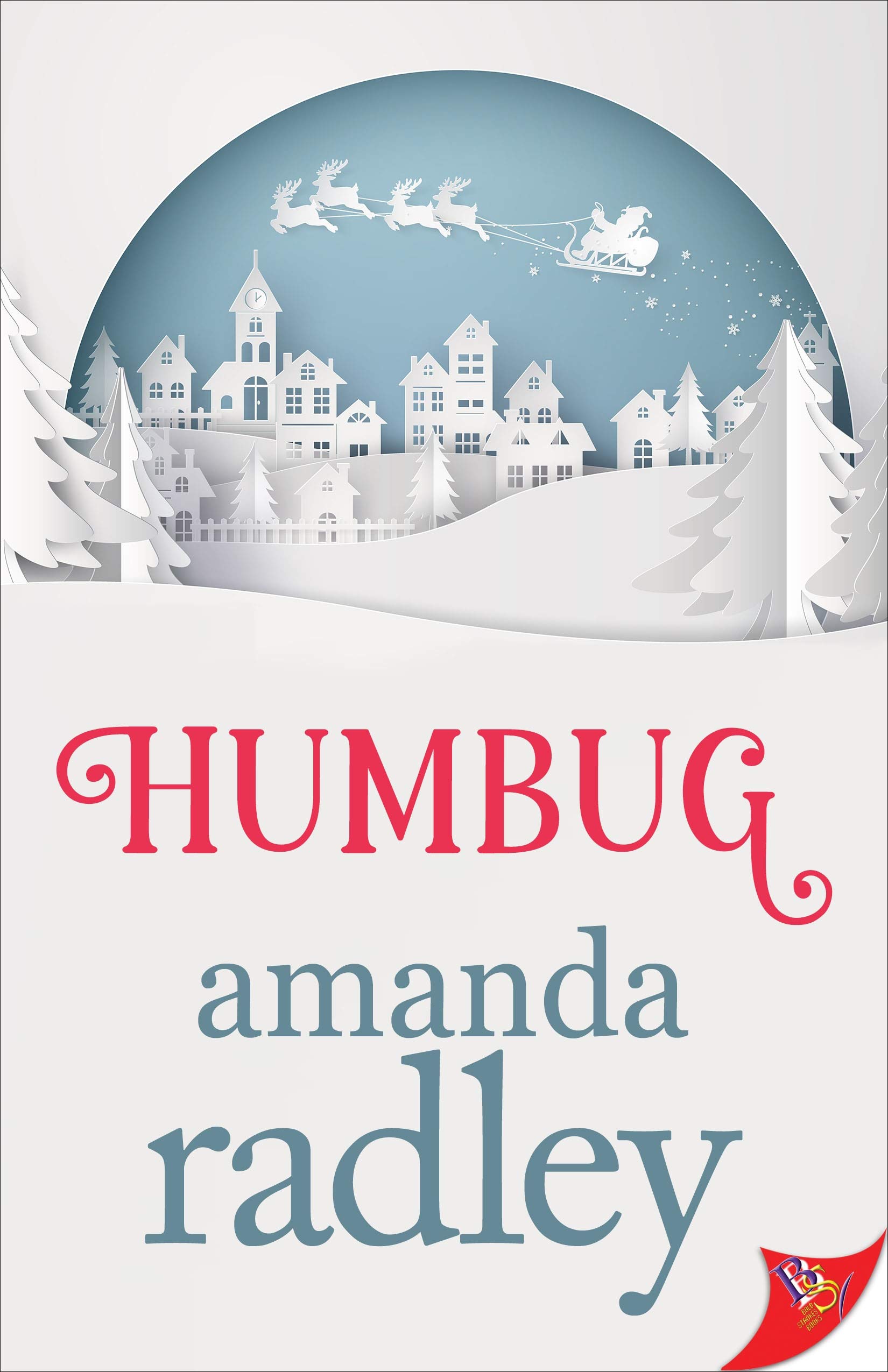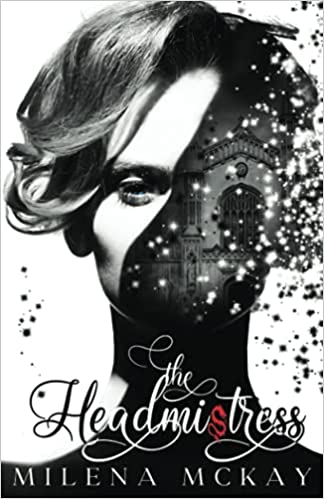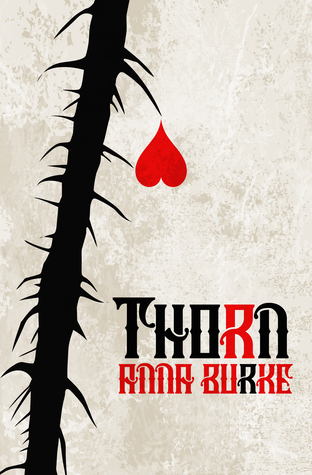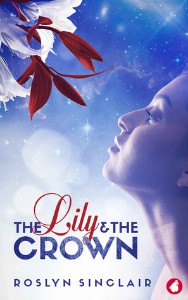Amazon Affiliate Link Everyone knows the old saying, “be careful what you wish for”. For Professor Samantha “Sam” Threadneedle, the main character of Melina McKay’s moody and dark academia romance The Headmistress, that adage becomes very true. Three Dragons Academy, a remote all-girls boarding school that has been her home since she was an orphan leftRead More
A Sapphic Ice Queen Reality TV Romance: Reality in Check by Emily Banting
Bookshop.org Affiliate Link Emily Banting’s latest release, Reality in Check, came out August 12, 2023 and I couldn’t wait to get my hands (and eyes) on it. If you haven’t already, you should absolutely check out Broken Beyond Repair, Emily’s preceding novel in the South Downs Romance series. It’s not necessary to have read thatRead More
A Chaos Theory Psychological Thriller: Strange Attractors by Ana K. Wrenn
Bookshop.org Affiliate Link Strange Attractors by Ana K. Wrenn was released in August 2022 and it follows the complex character of Sonja J. Storey. The book has been described as a psychological thriller, and it takes a deep dive into the darker side of academia. It is not a light and fluffy romance, but ifRead More
Nat reviews Something’s Different by Quinn Ivins
Amazon Affiliate Link | Bookshop.org Affiliate Link Of all the tropes in the world, the twin swap was not one that I would have thought myself a fan of, and yet… I might be now, after reading Something’s Different. Caitlin Taylor is an unemployed PhD grad who hasn’t been able to find a job inRead More
Shana reviews Humbug by Amanda Radley
Amazon Affiliate Link | Bookshop.org Affiliate Link Humbug is a quiet Christmas novel with an age gap romance. I found it a relaxing and wholesome read, but it’s an unbalanced workplace romance. The book struggled to decide if it wanted to focus on the characters’ careers, or their love story. Ellie is a brilliant statisticianRead More
Nat reviews The Headmistress by Milena McKay
Amazon Affiliate Link The first thing you should know before you start The Headmistress is not to make assumptions. You may think a book involving Three Dragons Academy is set in a fantasy world and might contain, well, dragons. You may assume a book called The Headmistress will be a kinkcentric read. (Ahem, as in,Read More
Nat reviews Thorn by Anna Burke
Amazon Affiliate Link | Bookshop.org Affiliate Link My recent infatuation with the Compass Rose series should have been all the warning I needed not to start an Anna Burke book just before bedtime. This dark, Grimm style and very gay retelling of “Beauty and the Beast” kept me reading well past midnight to get justRead More
Mary Springer reviews Calendar Girl by Georgia Beers
Addison is a complete workaholic, and in trying in earnest to prove to her mother she can take over the company, she ends up pushing herself into a stomach ulcer and being rushed to the hospital. Her mother forces her to hire a personal assistant to try to make work easier. Katie Cooper is rapidlyRead More
Mallory Lass reviews Lily and the Crown by Roslyn Sinclair
I couldn’t find a way to write this review without spoilers, so you may want to proceed with caution if that’s a deal breaker. Also, this book wasn’t my jam. Despite featuring one of my favorite tropes (age-gap), being a space opera, and lots of people singing its praises, I couldn’t get into it. LilyRead More

